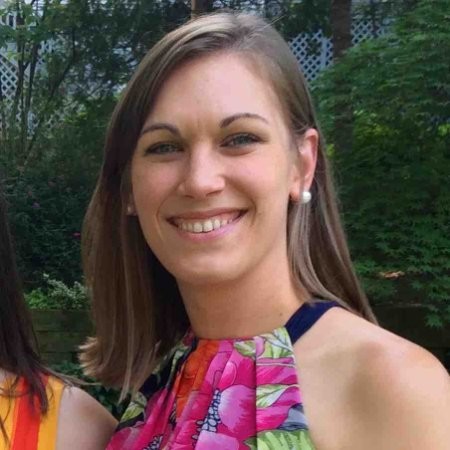What Can You Learn from Failure?
To some, failure is synonymous with embarrassment, eliciting an arresting fear that will not allow them to try again. However, for lifelong learners failure is the fire that inspires them to find the lesson in the experience, try harder, and strive to succeed in unique and innovative ways.
Along with many association professionals, I attended ASAE’s Technology Conference and Expo this month that was capped by the third annual Fail Fest. Prior to hearing about four drastically different “failures” I had to take the Fail Fest oath and swear I wouldn’t share specific examples or information from the event via social media or other channels. What they didn’t say we couldn’t share, though, is major takeaways from the session as a whole.
So, with learning from failure, or perceived failure, in mind, here is the eye-opening insight Fail Fest provided that is hopefully applicable to both your personal and professional life.
When making decisions, be okay with losing it all and focus on the next right decision.
Life is about choices – some bigger than others – but like taxes and change, choices will always be there. What you do when you have those choices will impact your chances of failure in any specific situation.
In the business world, one “wrong” choice could mean wasting large sums of your project’s budget or derailing your project altogether, but what you take from that failure should be that with that poor decision, you’re given the chance to focus on making the right decision going forward. That could mean sharing your failure with your team so others learn from it too, presenting a proposed solution rather than running for the hills in panic, or learning how to mitigate a failing situation so you end up with a partial, rather than complete, failure.
Regardless, not all is lost as long as you know that for all the failures you have made in the past due to poor decisions, there are opportunities for better decisions in the future.
Failure is a compounded learning experience.
With each and every failure, you are growing and hopefully embracing the chance to learn self-reflection techniques, which in turn should help to avoid similar failures in the future. By mapping out what went wrong with a project or situation, you can help to pinpoint the specific decision that was the catalyst for failure and allow for you to create plans to avoid similar situations moving forward. Reflection is essential and critical to learn from failure.
Prior to project launch, always think about a potential solution, or Plan B, if things do go wrong. Consider it your life boat.
You wouldn’t board a cruise ship without life vests and life boats for a multiweek adventure, so why would you ever consider taking on a multiweek or month-long project without a Plan B in mind? This tidbit is more about mitigating the chance of failure than learning from failure; however, if you are practicing self-reflection after prior failures this piece of advice just makes sense. It’s project management 101.
Don’t let lack of project scope and details cause you to fail. Be so thorough in your planning that you have a partial or complete Plan B.
Failure is inevitable sometimes since it is just a part of being human. We are unpredictable, often depending on our gut over facts and figures or being overly optimistic. But, if you can change your perception of failure and consider each and every “fail” a learning opportunity, your likelihood of long-term success only increases. We are only human after all, and perception isn’t always reality. What might be a failure to you was just viewed as a hiccup to others.
Pick yourself back up, learn from your mistake, and take comfort in knowing that you have the chance to make the right choice in the near future.


